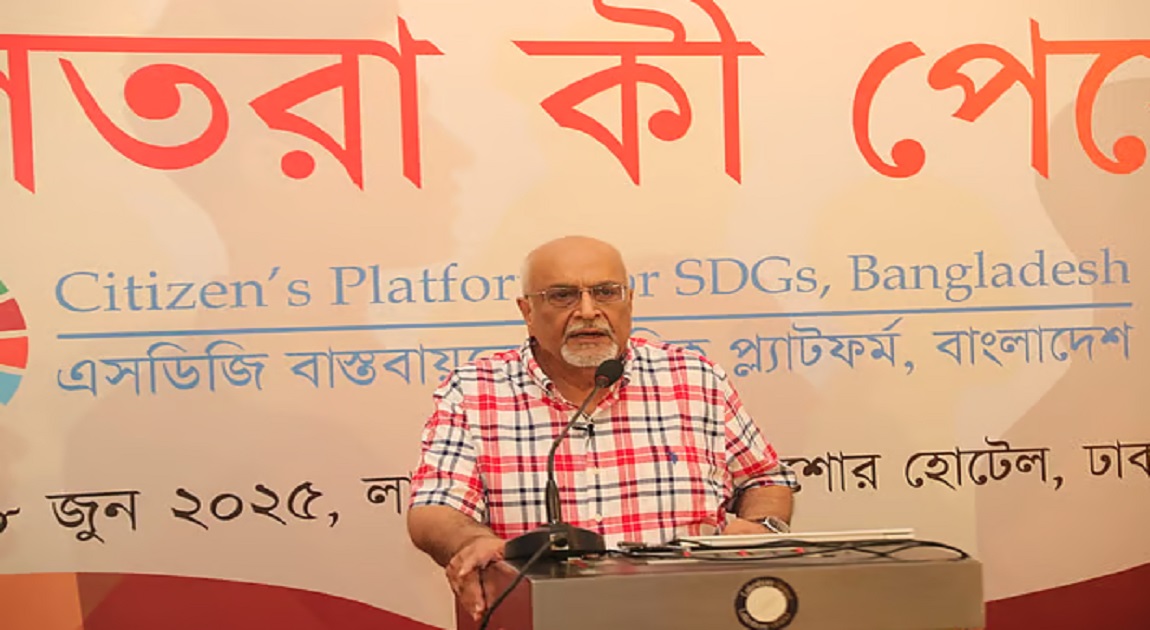Debapriya Bhattacharya, a distinguished fellow of the Center for Policy Dialogue (CPD), has remarked that the proposed national budget for the fiscal year 2025-26, which carried high public expectations, has ultimately become a source of disappointment.
Speaking at a multi-stakeholder dialogue titled "National Budget 2025-26: What Have the Marginalized Received?" held in Dhaka today, Debapriya stated that the interim government had a unique opportunity to present a transformative budget following significant political changes in the country.
However, he noted that the budget failed to meet those expectations and was announced without the formal approval of the advisory council.
Economist Selim Raihan, Executive Director of SANEM, added that the proposed budget can be described as a "missed opportunity." He pointed out that there is a significant gap between what was expected and what has been delivered.
According to him, the core issue lies in attempting to introduce new measures within the outdated structure of previous budgets. He also questioned the practicality of the targets set in the budget, calling them unrealistic.
Selim Raihan further highlighted that while the budget makes some structural adjustments in the social protection sector, there is no substantial reform.
Additionally, he expressed concern over the low allocations for education and health, stating that this budget cycle offered a chance to make bold changes, which was unfortunately not taken.
Mustafizur Rahman, another distinguished fellow of CPD, echoed these sentiments, stating that while many have called the proposed budget a "missed opportunity," he would go further to label it a "lost opportunity."
He emphasized that sticking to conventional budgeting practices in this critical time has ultimately weakened the country`s prospects.
The speakers collectively indicated that the budget did not sufficiently address the current domestic and global uncertainties, and a rare chance for meaningful reform was passed over.

















-20260221022942.jpg)
-20260221022827.webp)


















